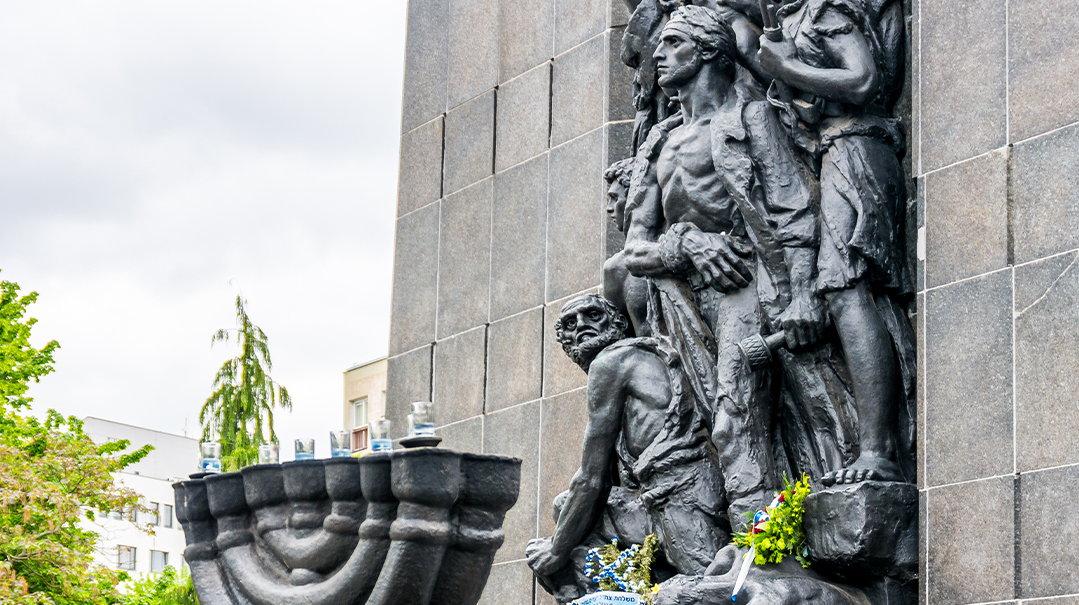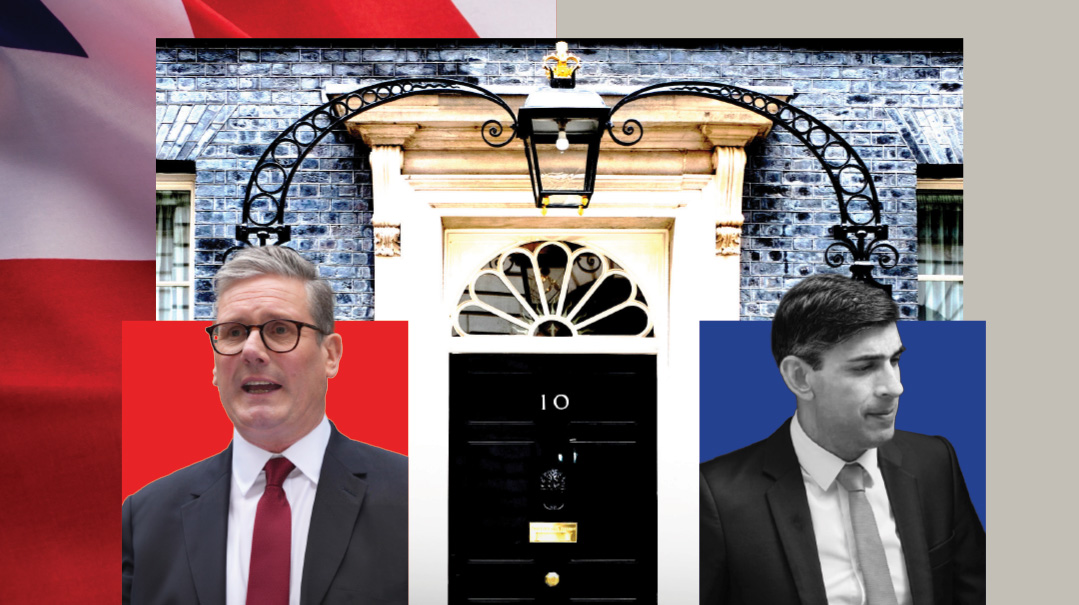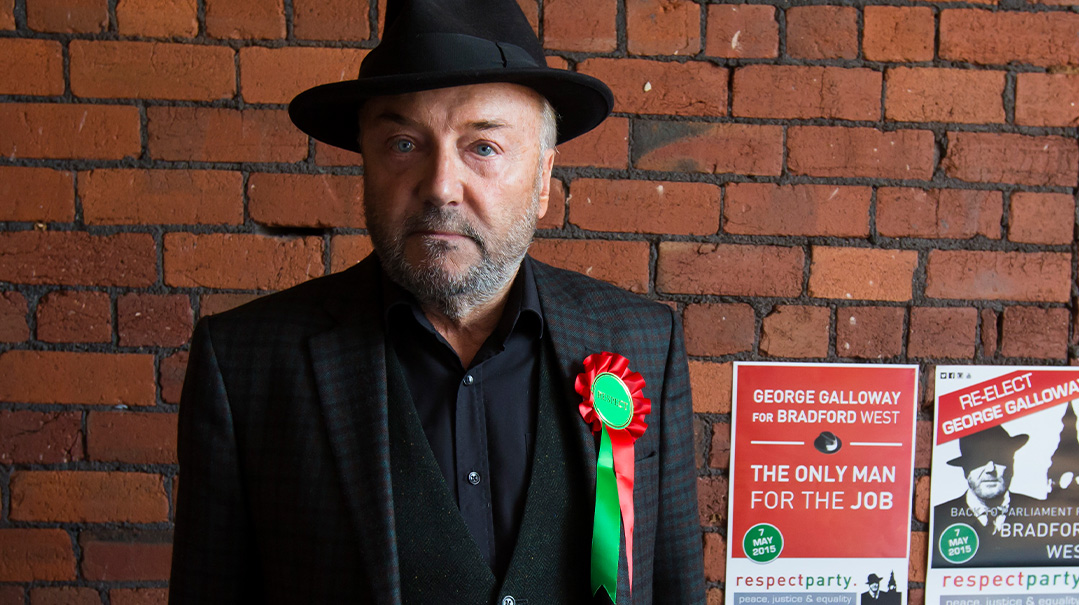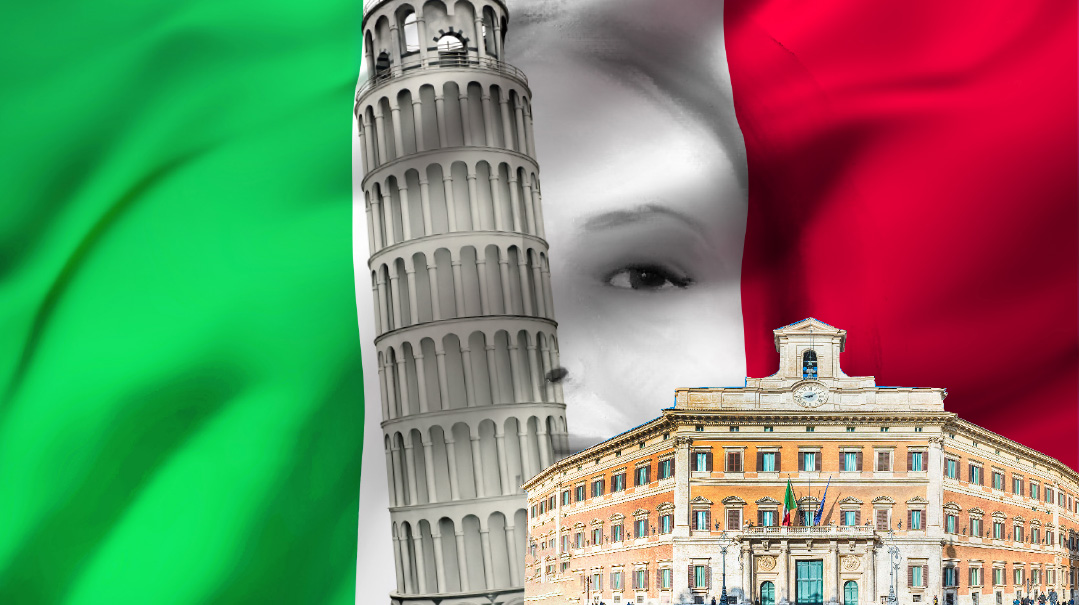Poland’s Holocaust Law: 5 Takeaways

Israel and Poland trade barbs over Holocaust claims ban

Even in the Holocaust’s ocean of pain, Poland stands apart, with a full half of the six million Jewish victims killed there. The country’s post-Holocaust history has been different as well. Where reparations agreements have been negotiated with governments from Germany to Romania, Poland has consistently refused to acknowledge a debt to the victims’ heirs. Warsaw’s position has been that Poland was the first victim of the Nazis, and therefore it is Germany that should pay. That, despite the fact that billions of dollars in Jewish property lie in Poland, not abroad.
Against that background, the Polish parliament’s approval last week of a law that effectively blocks Holocaust-era claims was heavily criticized by the US and Israel. The vehemence of Israel’s language in particular threaten to send relations between the two countries into a deep freeze. Five takeaways.
1.
The law approved by President Andrzej Duda sets a 30-year limit on legal challenges to restitution claims, of which there are many besides the Holocaust. Post-World War II, the Polish Communist government nationalized private property, and the new law affects claims on those properties, which are a majority of the unresolved cases. The Polish government is thus able to emphasize that the law is nondiscriminatory, and necessary to create an environment of “legal certainty,” in which claims from the distant past can’t come back to haunt current owners.
2.
“It’s been an issue for decades,” says Avraham Biderman, co-chair of the World Jewish Restitution Organization (WJRO), the body responsible for restitution negotiations. “Many countries have made very substantial restitution payments — Germany at the top of the list, for understandable reasons. But the one country where the most Jews were killed has never done anything, despite the fact that Jews owned 40 percent of Warsaw before the war.”
It’s important to note, he says, that no one is talking of restitution in the tens of billions of dollars, the sums that were stolen. “We want something fair and substantial to go to the heirs.”
3.
But the Poles have dug in their heels over any amount — a position that’s become a nationalist cause under the ruling conservative Law and Justice Party. The latest move is of a piece with the controversial 2018 law that penalizes public speech that attributes responsibility for the Holocaust to Poland.
The US is deeply unhappy with the latest law, with Secretary of State Anthony Blinken responding, “A comprehensive law for resolving confiscated property claims is needed to provide some measure of justice for victims.”
The Polish government’s willingness to defy the US is consistent with its attitude toward the European Union, with which it has repeatedly tangled over everything from judicial freedom to environmental policy. It’s part of an overall rightward shift led by the current government away from liberalism and toward a more conservative approach to culture and governance.
On restitution, defying the liberal consensus has won the government popular backing. “It’s fair to say that the population is on the side of the Polish government on this,” says Biderman. “Politically it’s a very powerful position in Poland, and the amendment was passed with a bipartisan majority.”
4.
While victims’ heirs may never see a zloty, the major reverberations have come in Israel-Polish relations. Re-established post-Communism in 1990 after a hiatus from the Six Day War, diplomatic ties are now at a nadir.
“The State of Israel will not compromise on a single comma when it comes to the memory of the Holocaust,” Israel’s Foreign Minister Yair Lapid tweeted. “I condemn the Polish parliamentary law that was approved today that damages the memory of the Holocaust and the rights of its victims.”
Polish foreign minister Pawel Jablonski, meanwhile, said Monday his country may discontinue allowing Israeli high schoolers to visit Nazi death camps there, claiming such trips “instill hatred for Poland in the heads of young Israelis.”
While many Israelis agree with Lapid’s position, who has recommended that Poland’s ambassador stay in his home country until the issue is resolved, there may be more to his hard line than being the son of a Holocaust survivor. Seeking to draw close to the Visegrad Group of Central European nations (including Poland), which are EU members and often Israel’s allies inside the bloc, the Netanyahu government downplayed Poland’s Holocaust revisionism.
For the center-left Lapid, who is anyway trying to build closer relations with Western European countries along with America’s Democrats, it’s likely easier politically to come out strongly against Poland.
5.
So what’s next for Poland’s long-dead and dispossessed Jews and their heirs?
“Wearing my WJRO hat, it’s hard not to support Lapid’s stance,” says Biderman. “Both the previous and current administration have been very supportive of our efforts. But America doesn’t want to rupture relations with an ally. So pressure is mostly jawboning. It’s very hard to be optimistic given the attitude of the Polish government.”
(Originally featured in Mishpacha, Issue 874)
Oops! We could not locate your form.













